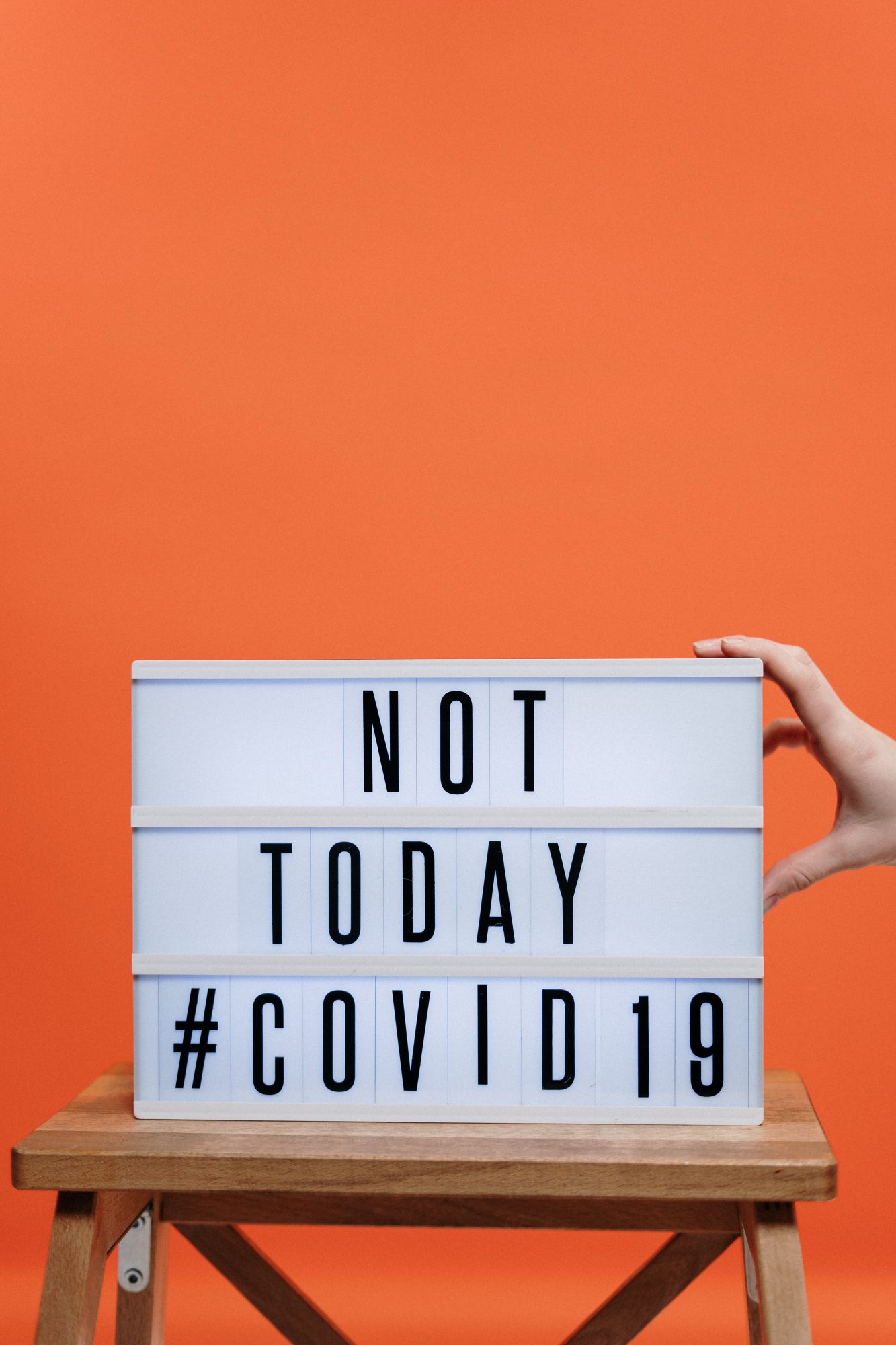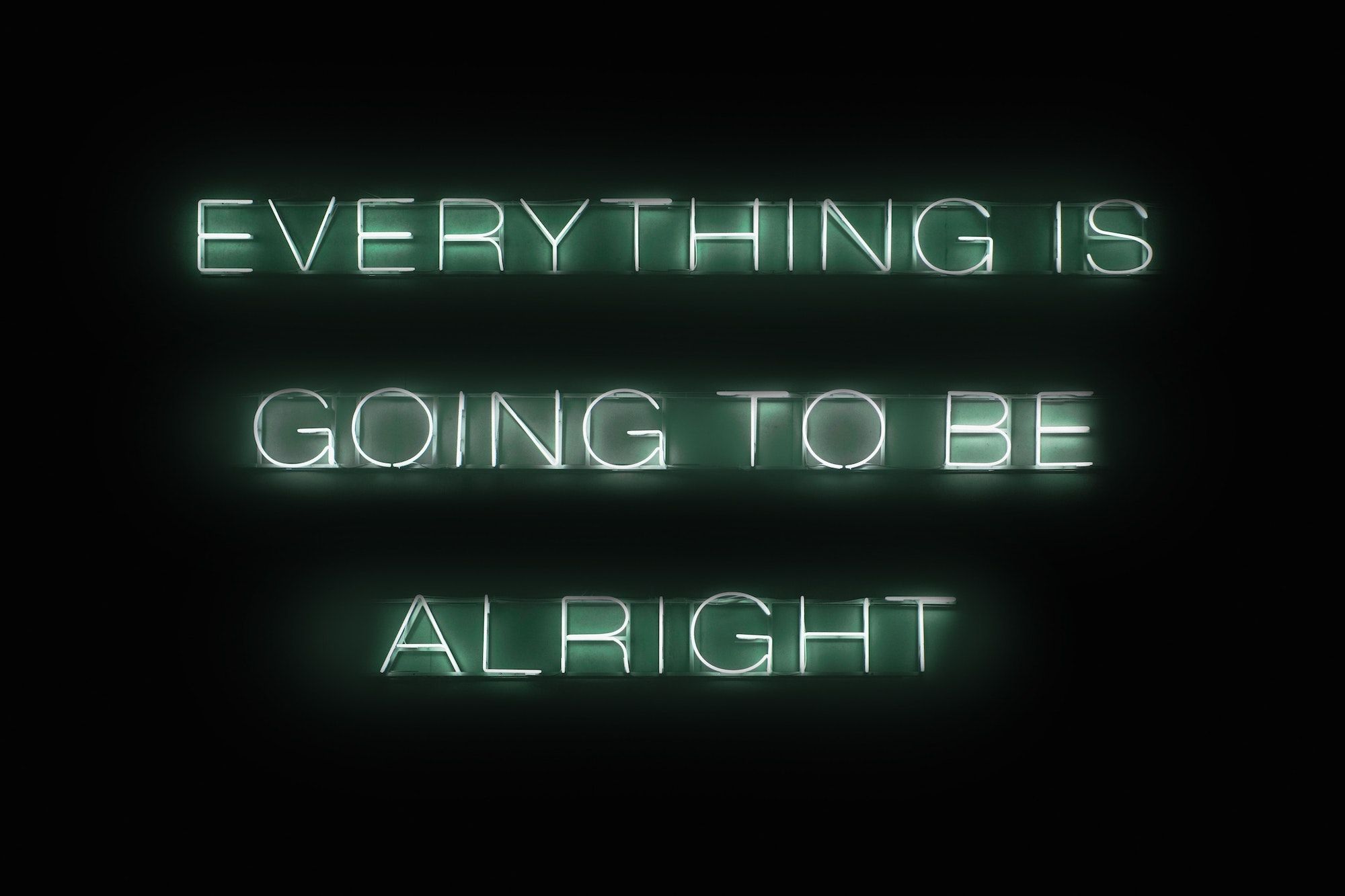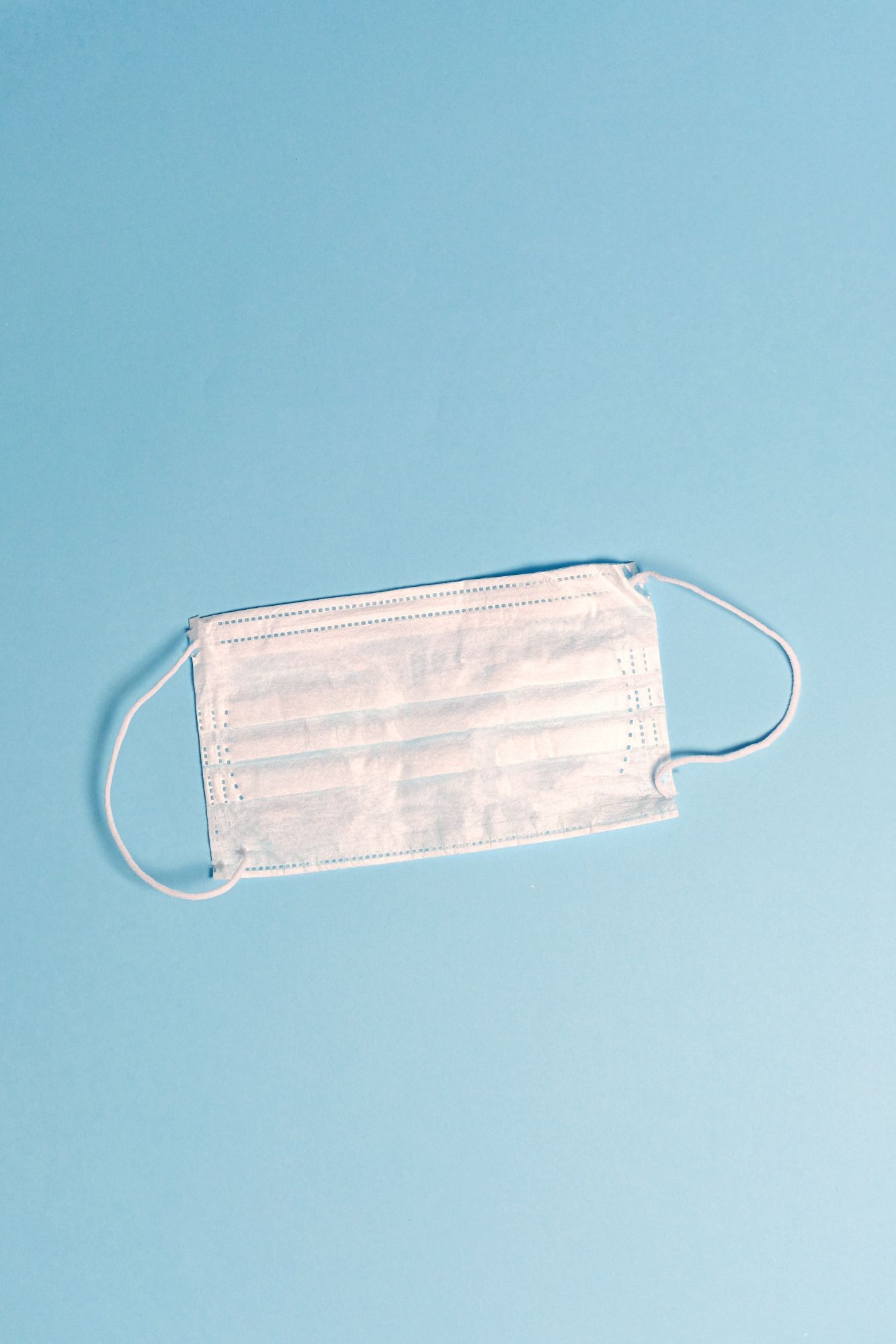The coronavirus pandemic has led to anxiety for many across Asia. We speak to mental health experts on the best ways to cope
Feelings of anxiety and stress have become a common occurrence in the days of the coronavirus. While continuing to remain vigilant of your physical health, it’s important to check in with your mental health too.
In a recent policy brief, the UN reported that “a long-term upsurge in the number and severity of mental health problems is likely” as a result of the pandemic, which carries “the seeds of a major mental health crisis".
We speak to psychologist Dr Hannah Reidy from Mind Hong Kong and mental health advocate Aaron Stadlin-Robbie, founder of the Talking Mental podcast, which discusses mental health, on how to manage feelings of stress and anxiety.
See also: Why Meditation Is A Great Way To Cope During The COVID-19 Lockdown

Why are we feeling more anxious than ever?
Humans don’t like to feel that they’re not in control.
“There was a lot of information [and] we weren’t sure what was right and what was wrong. There was the worry about people becoming infected or others becoming infected; people who lived with their relations were vulnerable and those who were separated from their relations were worrying about their loved ones. There was a general health anxiety,” says Dr Reidy.
After that initial worry, when we were more used to living with the pandemic, came the worrying about the future. Things like “worrying about jobs, the economy and worrying about finances. There’s a lot of anxiety in a loss of routine as well,” says Dr Reidy.
See also: Top 5 Meditation Apps For When You're Feeling Overwhelmed

